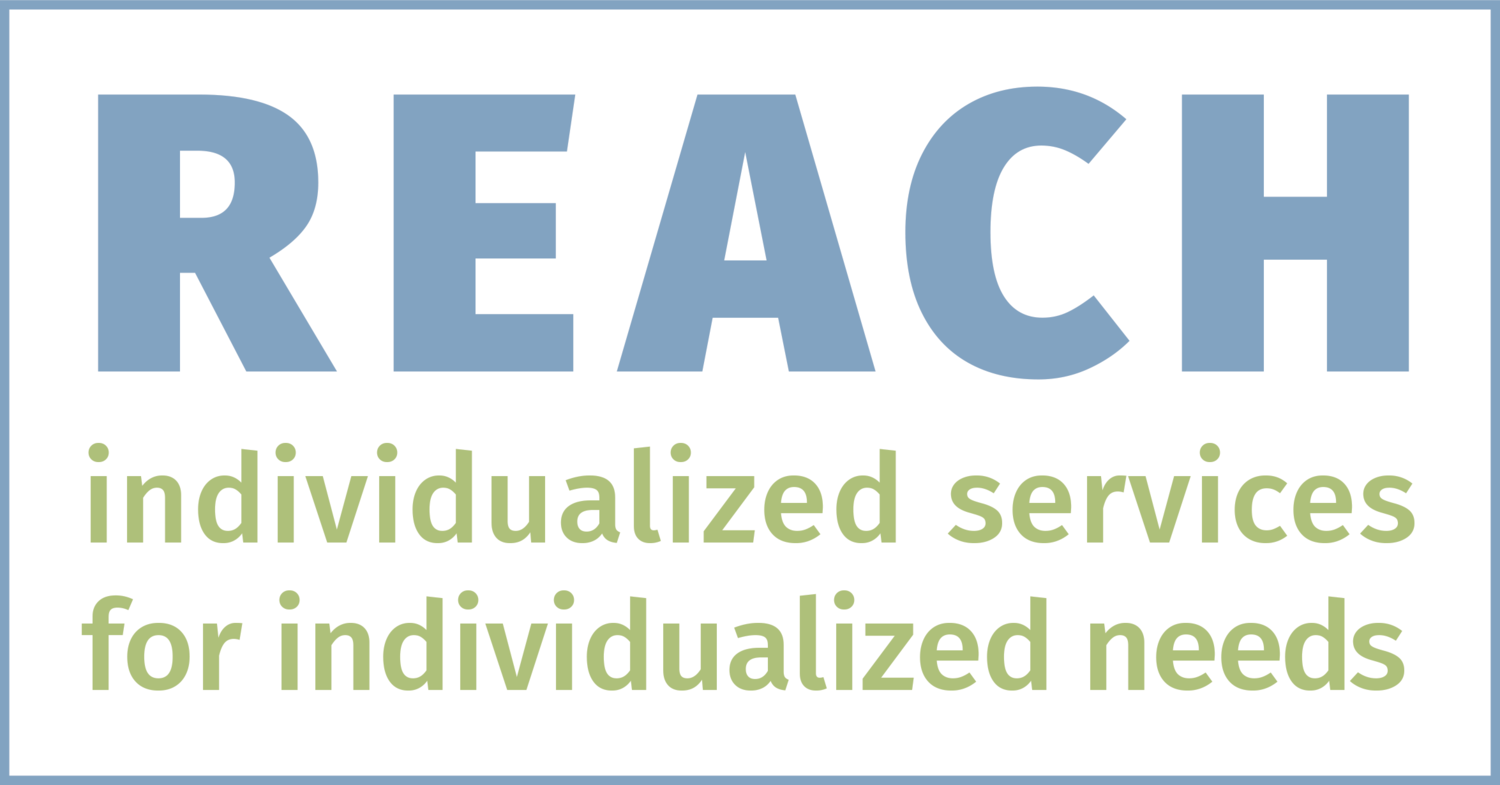What to do if you think your child needs more support or may have a learning difference
Have you wondered what to do if you think your child needs more support or may have a learning difference? Naomi J., a former educator and the parent of a neurodiverse child, shares a bit about her family’s journey and offers helpful tips for parents.
As an educator, I noticed a few things early on that seemed like clues that our daughter might have a learning challenge – like the fact that it took her longer to do her homework and that she wasn’t excited at all about reading. Later, it became apparent that her schoolwork was affecting her self-confidence and that she herself was starting to think she wasn’t smart. I knew we needed to stop that downward spiral right away. We expressed our concerns to her third-grade teacher and realized that the teacher wasn’t really focused on our daughter (in all fairness, this took place during the pandemic which created numerous challenges for teachers). At that point, we began talking to other people who knew our daughter well, doing some research, exploring resources, and eventually got connected with REACH Learning Services. It has been so rewarding to see my child’s curiosity return, to witness her excitement about school and her newfound love of reading and to know that she now realizes she has many unique gifts.
While it can often feel overwhelming trying to find someone who “gets” your child and can provide the support to help them thrive, I urge all parents who have concerns to start asking questions and keep exploring options until you find the one that works for your child.
Where should parents start with this process?
I think it's important to be aware of – and stay on top of – your child's schoolwork. It is helpful to watch them do homework, review all the work that comes home, etc. It's also important to check in regularly with them on how they feel about school. As a parent, you’ll notice clues if they are struggling in any way. We’d noticed how long it was taking our daughter to do her homework and how much she struggled. She started to become less interested in school. It felt like she was working harder than others.
What are some of the pieces of the puzzle to think about if a parent has a suspicion that their child has a challenge?
I’d suggest asking teachers directly, early, and often about how your child is performing in class and how they are showing up emotionally. That is what I did. This may have been easier for me since I am a former educator, but it is every parent’s right to ask about this as often as you see fit. Share your respect for all the hard work teachers put in, and know that teachers are human beings and often have many students in their class with varying needs. Just because your child may not be a priority on their radar does not mean that there are not learning and/or social-emotional issues at play that need to be addressed. Bringing your concerns to light often helps the teacher focus more on your child’s needs.
I also think it’s important to prepare for your discussion with your child’s teacher by jotting down any concerns that you have. A few questions that can help frame your discussion include:
In what areas is my child currently performing well?
What areas is my child struggling with?
How does my child’s performance compare to the current grade level expectation?
Have you seen steady performance/improvement in my child’s work or has it varied? If so, in what ways?
Is my child’s behavior impacting his/her work?
Is my child’s behavior impacting other students in the class?
What amount of support and intervention is my child receiving? How does that compare to other students in your class?
If you still have concerns after talking with your child’s teachers and exploring support services, REACH Learning has provided several resources that may be helpful if you believe your child has a specific learning challenge:
Research your child’s learning challenges. Here are some helpful places to start.
Fact Sheet About Learning Disabilities
Information on Math Disabilities
Request a meeting with the school’s learning specialists and the classroom teacher to express your concerns and get more insight.
Contact someone who can conduct a psychoeducational assessment. You can search for professionals on the internet. REACH Learning recommends working with a licensed psychologist who specializes in the diagnosis of learning disabilities. Suggested search terms include: child psychoeducational assessment in [insert your location]...then skip past all the pesky ads and look at the ones that have actual physical offices. Note: the cost for an educational evaluation can vary, but is often a couple thousand dollars.
Who else can a parent talk to besides the child’s teachers?
It can be helpful to reach out to family and coaches. Our child's gymnastics coach saw some of the same things playing out with working memory that were impacting her reading and writing. I’d also encourage parents to reach out to other family members to share the process. Grandparents, aunts, and uncles can be a great support for parents during this challenging time and typically want to help. In our case, family members are providing financial support to help pay for weekly intervention.
How do you know which direction makes the most sense?
I think it is very important to include your child in any decisions you make and steps that you recommend so they feel empowered. At the end of the day, though, it is important to trust your heart and intuition as a parent. You know deep down if your child needs extra support. It’s also important to work with a partner that both you and your child feel good about. For our family, REACH Learning has been an excellent partner to provide the needed support.

